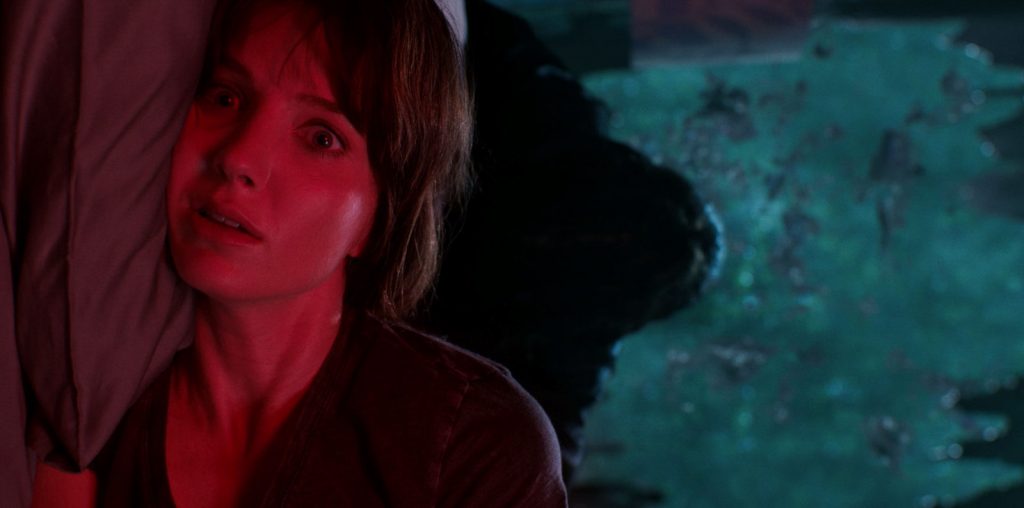
In 1977, actor Alan Reed passed away. You may not recognize the name, but you’ll know the voice immediately – he played Fred Flintstone on the legendary animated series “The Flintstone.” At the time of his death, Reed was working on an autobiography that not only detailed his life as Bedrock’s leading citizen, but also his extensive work in theater, radio, film and television. Unfortunately, the book was not completed before his death.
Fast-forward three decades later and the unfinished Alan Reed autobiography has been completed and prepped for release. “Yabba Dabba Doo!…Or Never a Star: The Alan Reed” (published by BearManor Media) is a warm and funny career journey for an actor whose versatility has been under-appreciated for too many years. With a wealth of rare photographs and delightful insights into Reed’s other career highlights – most notably his work on Fred Allen’s legendary radio comedy show – the book is among the most wonderful surprises within the entertainment publishing genre.
Ben Ohmart, who worked with the late actor’s estate and helped to finish the unfinished work, spoke with Film Threat about Alan Reed’s life and accomplishments.
What was the genesis of the book?
The wonderful Bill Marx, son of Harpo, who has steered so many of his author friends to me, told me that he’s friends with Alan Reed Jr. And because I’m such a Big voice actor fan, I asked, “Well, if he wants to write a book on his father, I’d love to publish it.” Well, he had something better – an unpublished autobiography, a few letters to/from Fred Allen, and photos! Why he didn’t do anything with it ages ago, I’m not sure. Though from personal experience I’ve found that trying to interest the mainstream press in something beyond Brad Pitt and “Star Wars” is this side of impossible.
How did it feel completing a book that remained unfinished for more than three decades?
Well, it’s a little spooky to have “the power” of finishing the work of an icon, and someone I’ve admired and even imitated (secretly, with a high school friend, not professionally of course). I still can’t believe this good stuff was just hidden away. What’s wrong with the world? They want to know every move Brad and Britney makes, but an entire autobiography, written by Fred Flintstone, goes unwanted? I don’t get it.
Alan Reed appeared in several major films – “The Postman Always Rings Twice,” “Viva Zapata!”, “Marjorie Morningstar” and “Breakfast at Tiffany’s” – yet he never seemed to find a niche as a film actor. How do you account for his lack of permanence as a film performer?
Alan is one of many underused voice actors. Look at Mel Blanc and Daws Butler. They weren’t move stars either. Paul Frees had a lot more screen time, but never a starring role in movies. First, I think Hollywood has always liked to box actors into “types,” so it’s hard for an actor to get offered good stuff. Second, sometimes I honestly don’t think they want to be on-screen stars. Now, I still don’t know the reason that Alan took some of these roles, like his self-confessed favorite “Breakfast at Tiffany’s,” when he had only seconds of screen time. Alan had the presence and the voice to be a star or a constant sidekick. Alas, we’ll never know.
How did Reed get the role of Fred Flintstone? And did he ever express regret about being typecast as Fred Flintstone’s voice?
He never regretted it for a moment! In fact, in his last years, it was the Flintstone commercials for vitamins and cereal that really kept him going, financially and spiritually. Daws Butler originally did the voices for both Fred and Barney (and you can see that demo on the DVD of the first season of “The Flintstones”), but Joe Barbera just didn’t think it fit. He called Alan and Mel Blanc in, and it clicked. It made history.
In rediscovering Alan Reed’s career, what were some of the surprising facts that you uncovered in your research?
Well, the most surprising thing was that he was the model for a famous painting, “The White Clown,” which I reproduced in the book with the permission of the National Gallery of Art, where it remains today. The other thing is how much he liked being Fred. And how much reverence he gave to radio and his old boss, Fred Allen. Alan was a man who never forgot a favor and who loved the old days.
What are you next projects?
Too many! Right now I’m finishing up books on Phil Rapp (another partial autobiography), creator of “The Bickersons,” plus books on Mel Blanc, Judy Canova and Frances Langford. I’m also slowly editing the complete letters of Fred Allen, and hopefully I’ll live long enough to type them all up.
